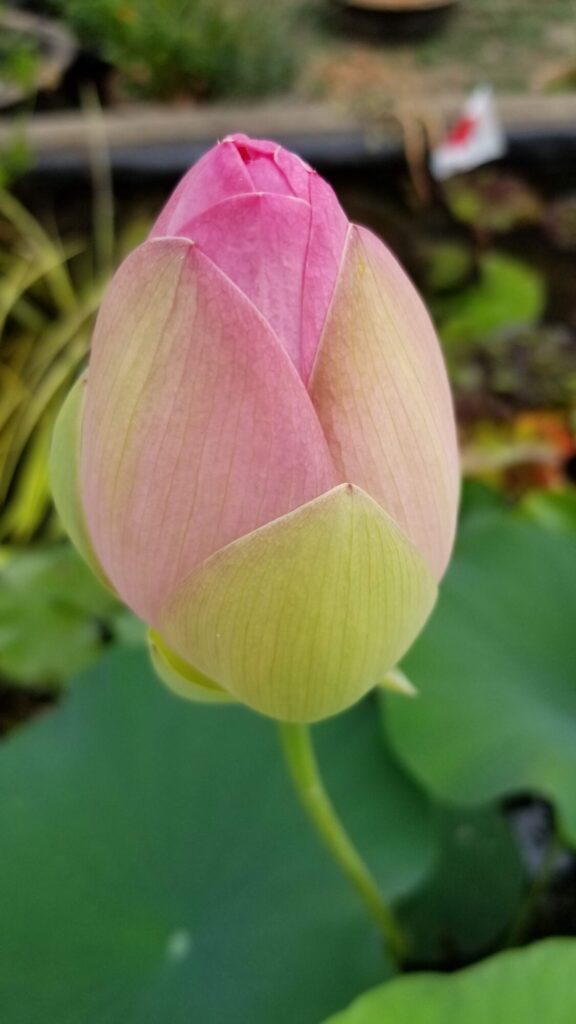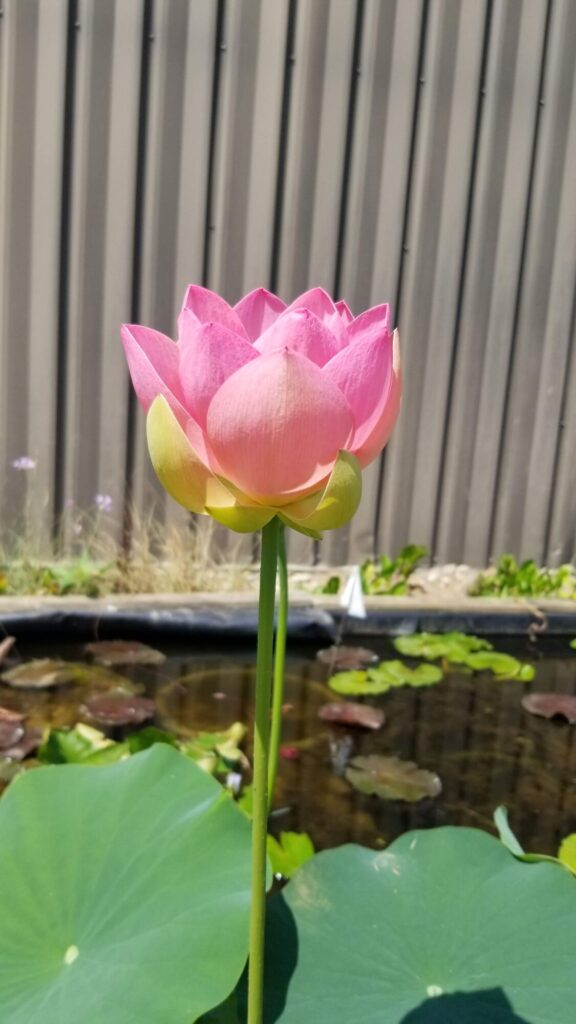The lotus flower, with its enchanting beauty and rich symbolism, has a storied history deeply intertwined with various cultures and religions throughout the world. Originating in Asia and Africa, the lotus has become a revered and cherished symbol, embodying purity, enlightenment, and spiritual awakening.
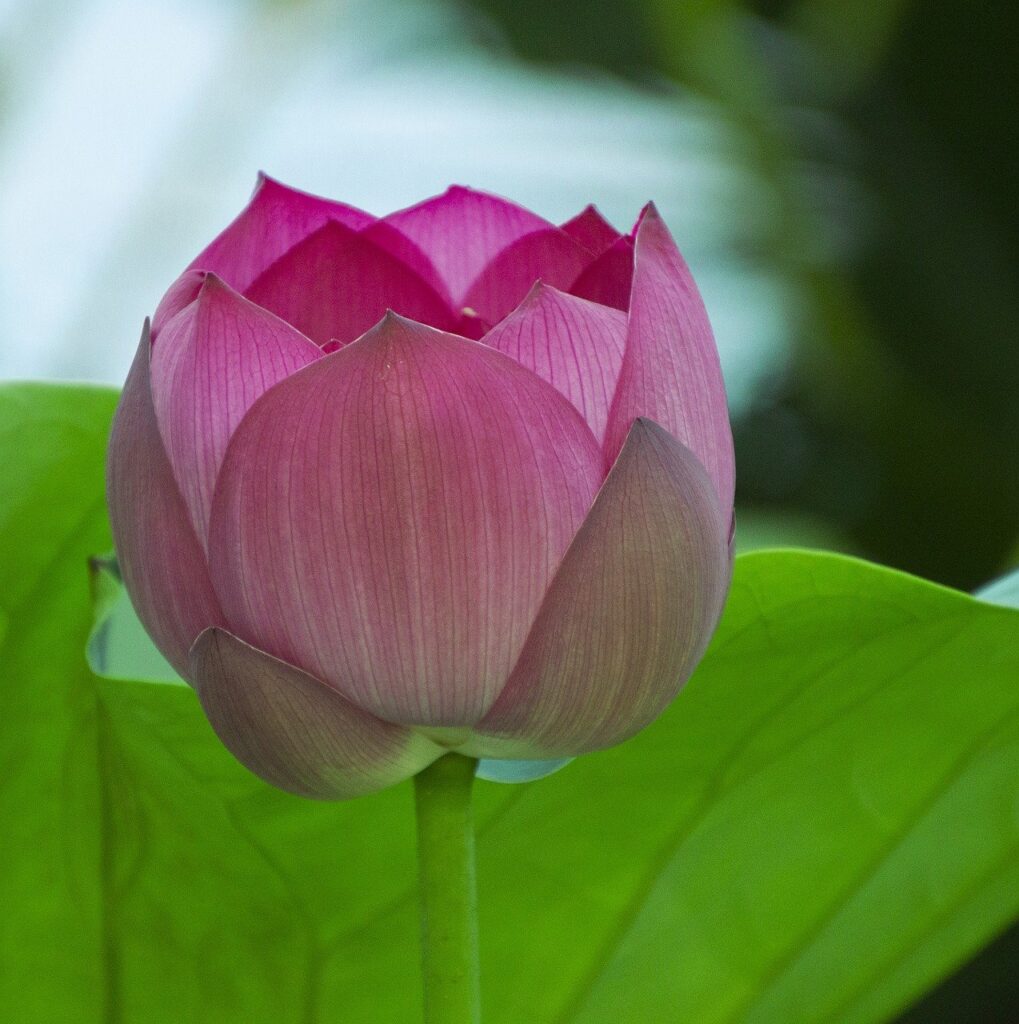
Ancient Egypt
In ancient Egyptian mythology, the lotus held significant importance. The blue lotus (Nymphaea caerulea) and the white lotus (Nymphaea lotus) were both associated with the sun god Ra and the concept of rebirth. The lotus also symbolized creation and fertility, often depicted in art and hieroglyphics.
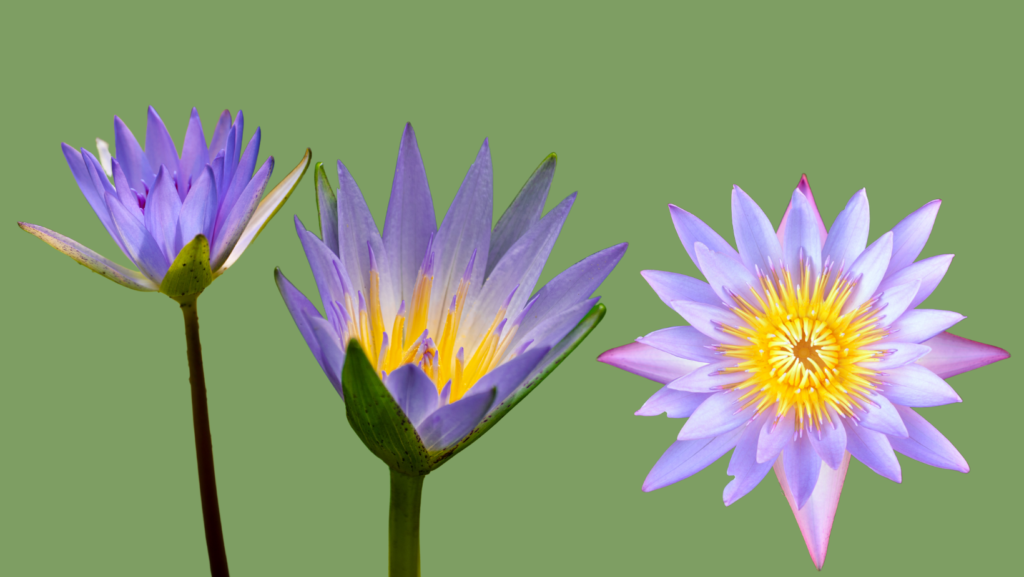
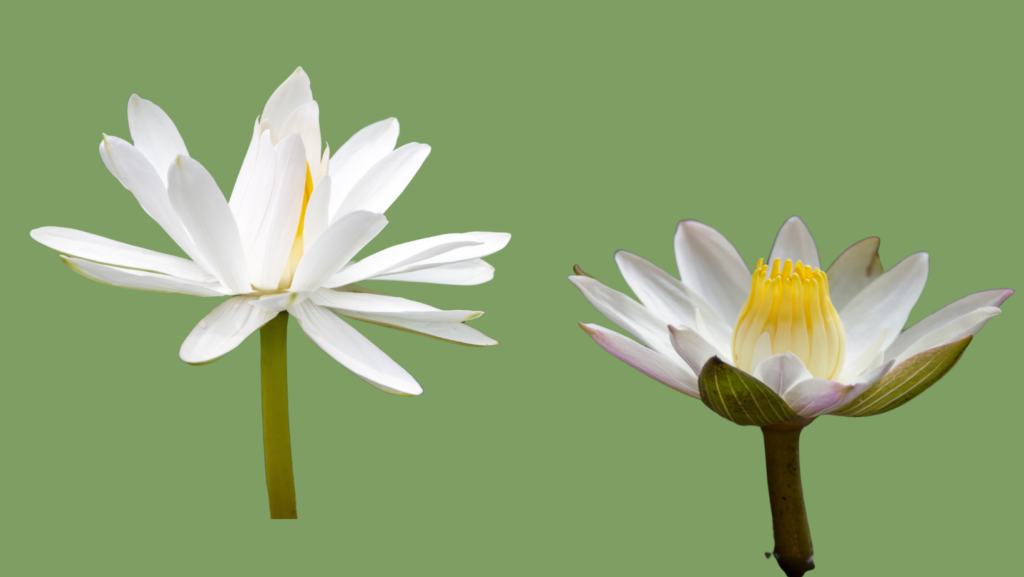

Hinduism and Buddhism
The lotus plays a central role in Hindu and Buddhist traditions. In Hinduism, the lotus is associated with various deities, particularly with the goddess Lakshmi, who is often depicted sitting on a blooming lotus. In Buddhism, the lotus is a symbol of purity and enlightenment. The journey of the lotus, growing through the mud and rising above the water to bloom, mirrors the path of spiritual awakening.
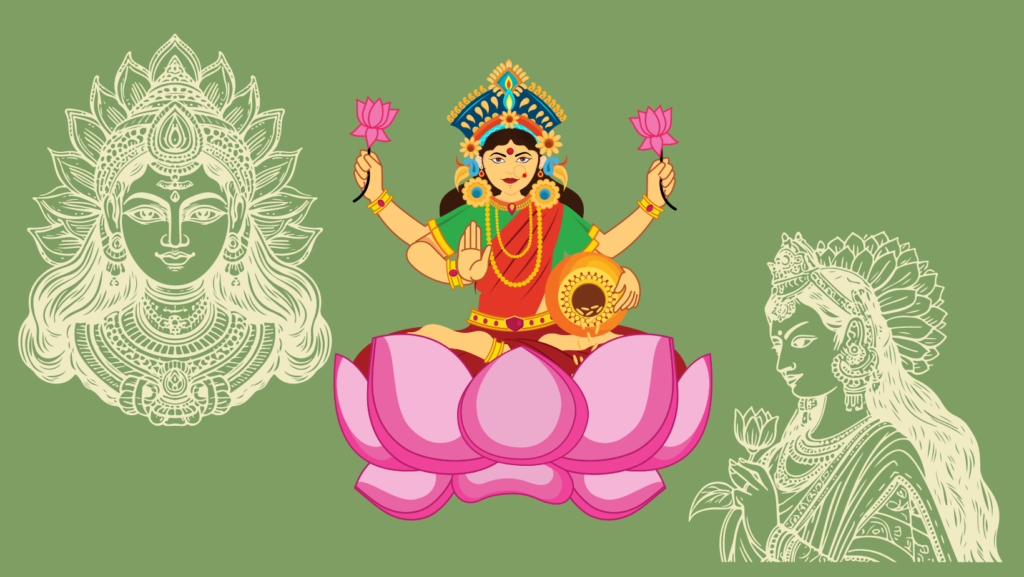
Chinese Culture
In Chinese culture, the lotus is a symbol of purity, perfection, and harmony. It is often associated with Buddhism, and various Chinese dynasties used the lotus as a motif in art and architecture. The lotus is also a symbol of summer and good fortune.
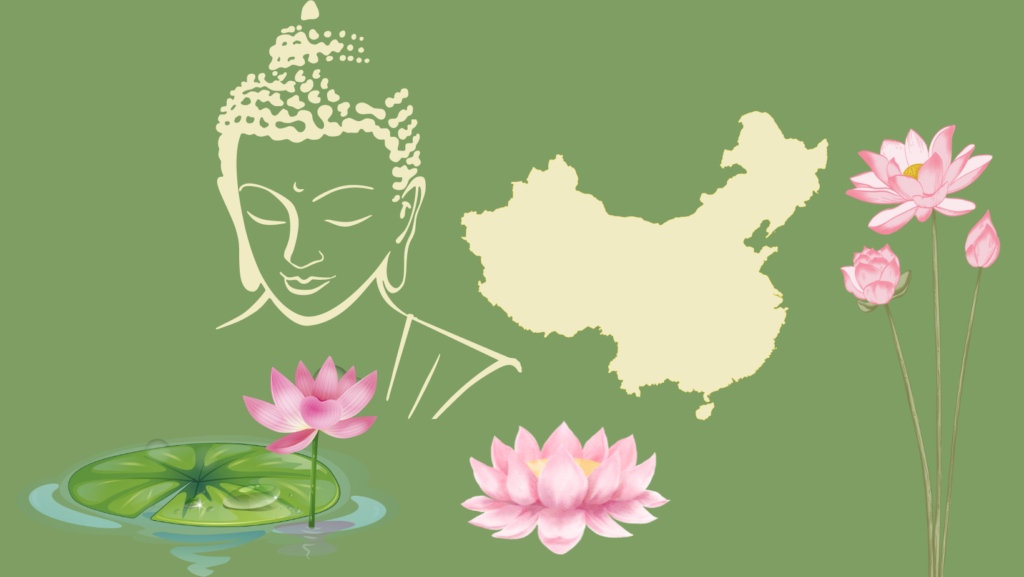
Greek Mythology
The lotus has also found its place in Greek mythology. The lotus-eaters, mentioned in Homer’s “Odyssey,” were a group of people living on an island who consumed the lotus plant and experienced a dreamy, blissful state. This myth highlights the seductive and intoxicating qualities attributed to the lotus.
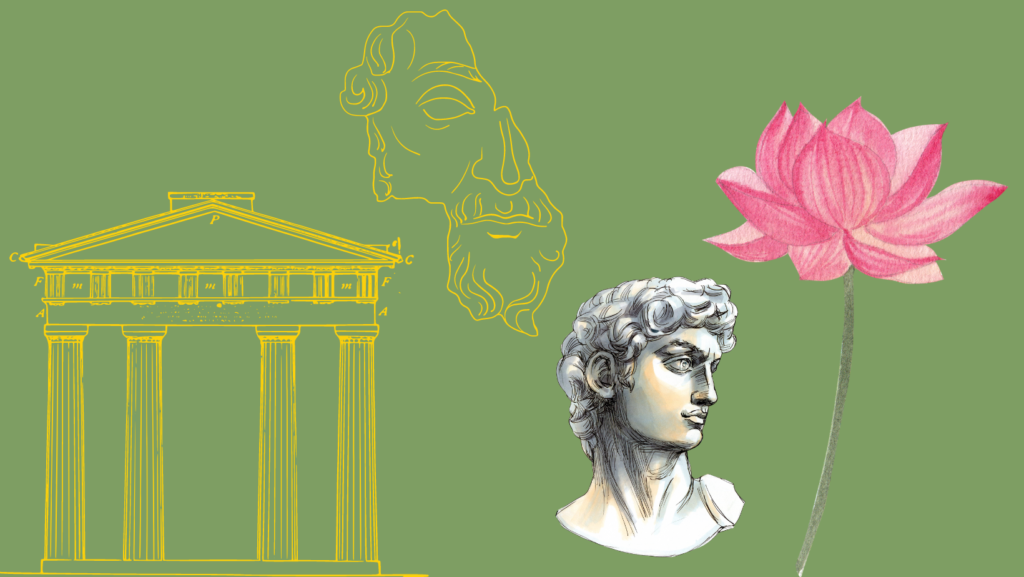
Islamic Traditions
In Islamic traditions, the lotus is mentioned in poetry and literature, often as a symbol of beauty and purity. It is associated with paradise and the divine.
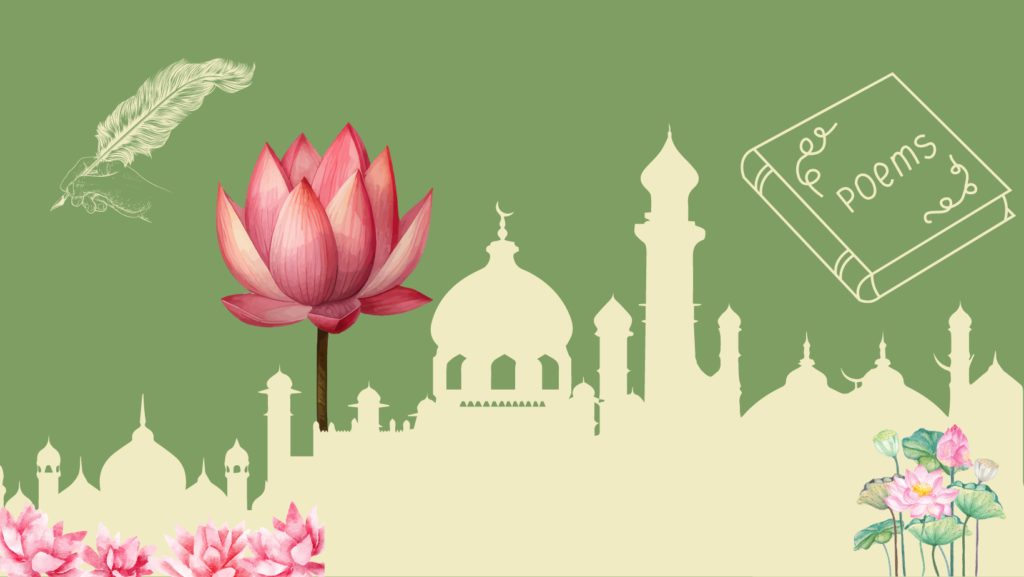
Asia and Beyond
Beyond these major civilizations, the lotus holds significance in many other Asian cultures. In Japan, it is a symbol of purity, enlightenment, and rebirth. In Vietnam, the lotus is the national flower, representing beauty, purity of heart, and the promise of new beginnings.
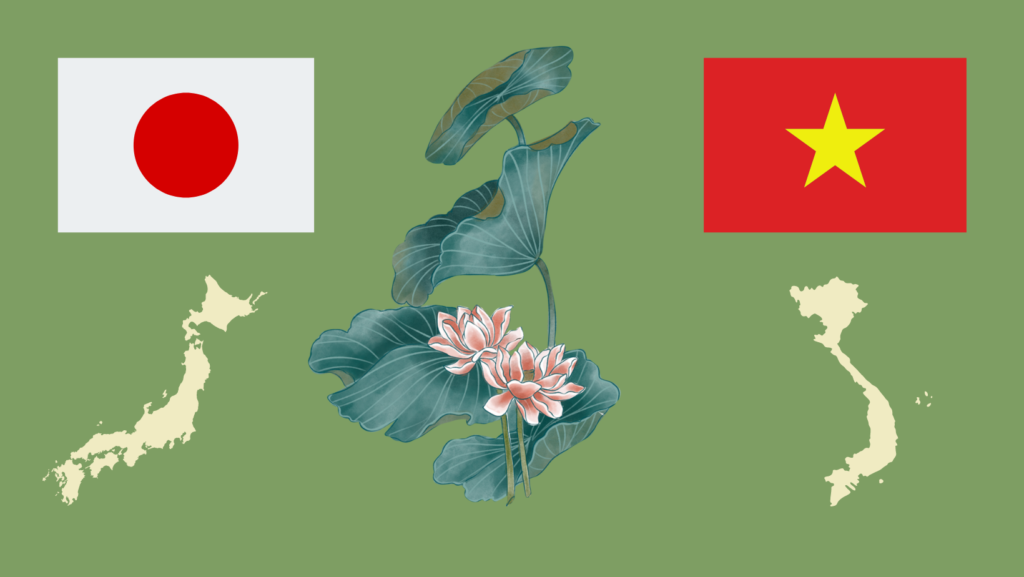
Modern Symbolism
In contemporary times, the lotus continues to be a symbol of spiritual growth, resilience, and the ability to overcome challenges. Its timeless beauty has also made it a popular motif in art, literature, and tattoo designs.

In conclusion, the lotus flower’s history is a tapestry woven with threads of spirituality, mythology, and cultural significance. Its enduring appeal across diverse civilizations and time periods underscores the universal admiration for its symbolism of purity, enlightenment, and the journey towards spiritual awakening.



